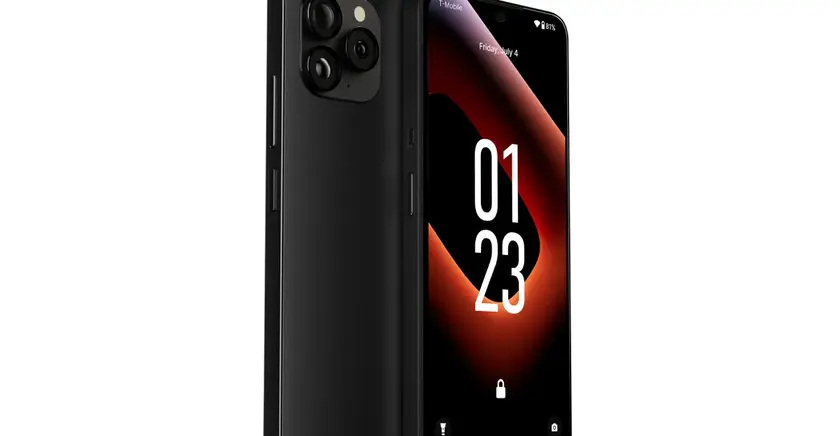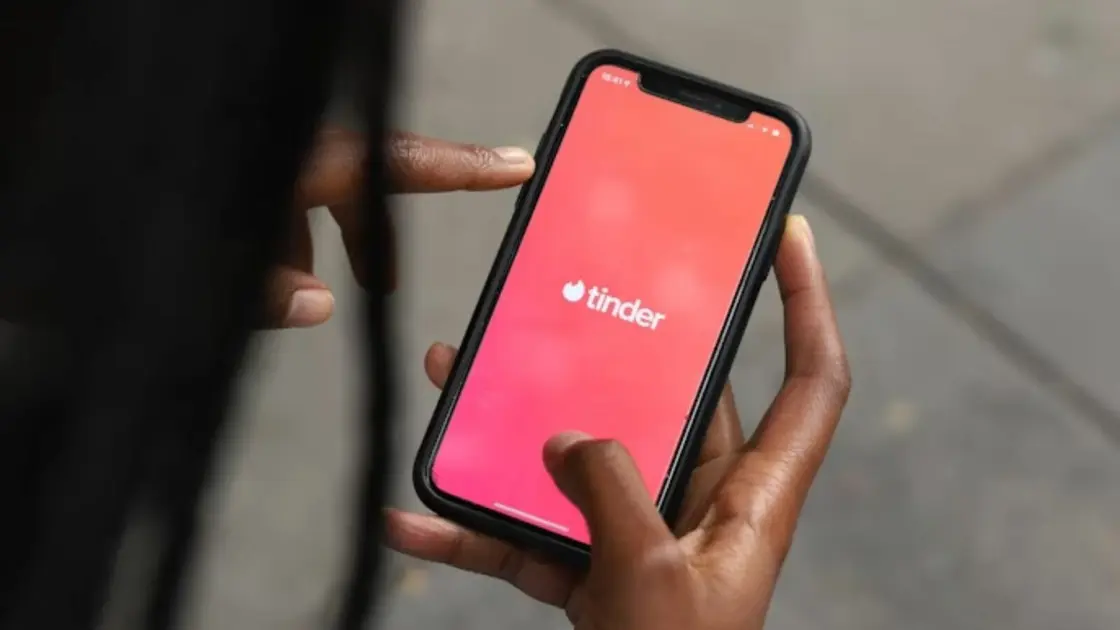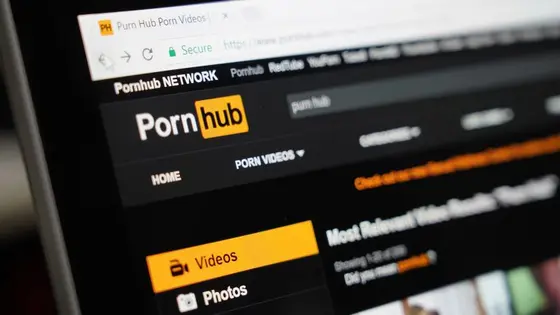T4K3.news
Unplugged privacy phone faces scrutiny
The UP Phone update and US manufacturing plan prompt questions about security claims and trust.

The UP Phone from Unplugged, backed by Erik Prince, aims for privacy and a US-made future, but experts warn the promise may outpace reality.
Unplugged privacy phone faces scrutiny over security claims
Unplugged, the startup backed by Erik Prince, has released a major update to the UP Phone. The device keeps its privacy features, including a hardware kill switch that cuts power when off, a built in firewall, a no logs VPN, a central Privacy Center app, and settings that emphasize data control. It runs UnpluggedOS, an Android fork without Google Mobile Services. The price stays at 989 dollars and includes the first year of Unplugged privacy service, with renewals at 12.99 a month or 129.99 a year.
The company says it will eventually build the updated UP Phone in the United States, creating jobs and reducing foreign supply chain dependence. For now, the phones are manufactured in Indonesia, with US assembly planned later; components will still come from abroad. Privacy experts have mixed views. GrapheneOS once called the UP Phone a clear cut scam, while Lookout's Christophe Hebeisen cautioned that a smaller company's security updates may lag behind big players. Others say the device could appeal to highly exposed users, but real security is broader than a single gadget.
Key Takeaways
"If I need a really secure device it is going to be an iPhone, running Signal, with Lockdown Mode enabled and all cloud synchronization disabled."
Weaver on what true security looks like in practice
"Smaller companies are unlikely to match the scale of the development and security teams larger players have."
Hebeisen on the challenges for small privacy firms
"It’s missing a bunch of basic hardware, firmware and software security features."
GrapheneOS critique of the UP Phone
"A buy-out of the company or other major change could change their approach toward privacy."
Hebeisen on risk of corporate changes
The UP Phone sits in a small but growing corner of the tech world where privacy claims meet political branding. Erik Prince’s involvement adds a public politics layer that could both attract attention and invite skepticism. The pledge to move production to the United States is as much about image as manufacturing capability, because core components and supply chains remain tied to overseas suppliers. Experts warn that small firms lack the scale of bigger players for rapid security updates, and that credibility hinges on transparent testing and long term support.
Highlights
- If I need a really secure device it is going to be an iPhone, running Signal, with Lockdown Mode enabled and all cloud synchronization disabled.
- Smaller companies are unlikely to match the scale of the development and security teams larger players have.
- A buy-out of the company or other major change could change their approach toward privacy.
- It’s missing a bunch of basic hardware, firmware and software security features.
Privacy device tied to political controversy
The UP Phone sits at the intersection of security claims and political branding. Erik Prince's involvement and marketing ties raise questions about trust, potential backlash, and long term privacy commitments. Domestic manufacturing plans add complexity to supply chains and regulatory scrutiny.
Privacy moves at the speed of trust and transparency.
Enjoyed this? Let your friends know!
Related News

Supreme Court decision changes pornography regulations

BBC star involved in nude scandal revealed as top earner

Patrick Kielty and Cat Deeley end their marriage

Instagram Maps Under Scrutiny

Gamers bypass UK age verification with Death Stranding

Dating apps face scrutiny over data practices

Texas age verification law upheld by Supreme Court

Backlash to Leaked Nude Photos
